New style season: Here’s what the future of fashion will look like post-COVID-19
There will be many changes in the world of fashion after the lockdown, says Durga Madhab Dash, Co-founder of Styched, an ecommerce portal. Here is a glimpse of what lies ahead...
The COVID-19 pandemic has been truly a “black swan” event all across the globe and ushered in major changes to different aspects of life. While some of these changes may or may not be permanent, certain tectonic shifts in industries like fashion are inevitable. If ever there was a time for fashion to reinvent itself, it is now.
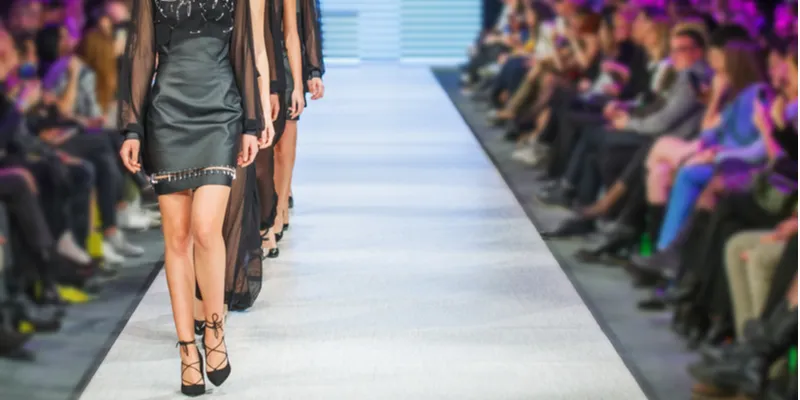
The fashion industry is poised for change post the lockdown. (Pic. credit: Shutterstock)
There are four fundamental ways in which the fashion industry will evolve and is already showing signs of doing so.
Shift in manufacturing and On-demand fashion
Covid-19 has exposed a fundamental weakness in the traditional fashion system - matching supply and demand.
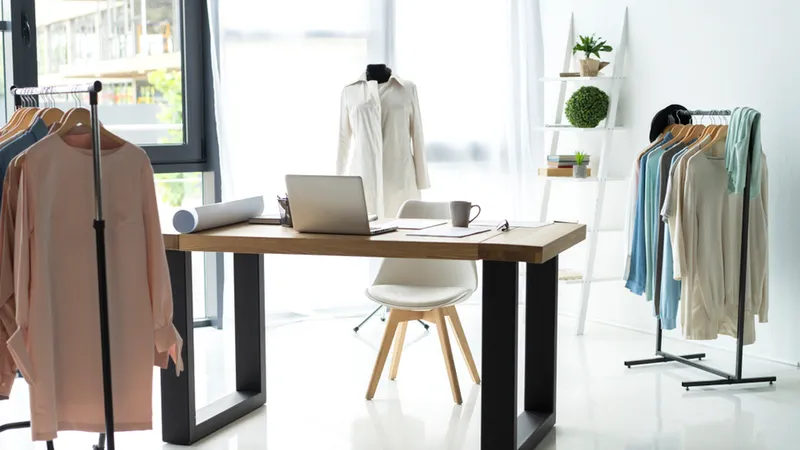
Fashion will evolve into an on-demand-production model (Pic credit: Shutterstock)
For far too long, the bane of the industry was seasonally manufacturing items in bulk without any iterative customer feedback and then running into huge liquidation issues!
Industry over production and mismatch has been more than 35-40%. Production-on-demand enables fashion brands to reduce their upfront cash needs, minimises excess inventory, and lets firms nimbly react to changing fashion trends - and move with the customer's pulse!
While this will involve optimisation of fabrics and supply chain re-aligning, it's essential to strike a balance of local vs global fashion production and to keep the customers taste at the centre.
Fashion as a way of life, as an expression of work-life integration
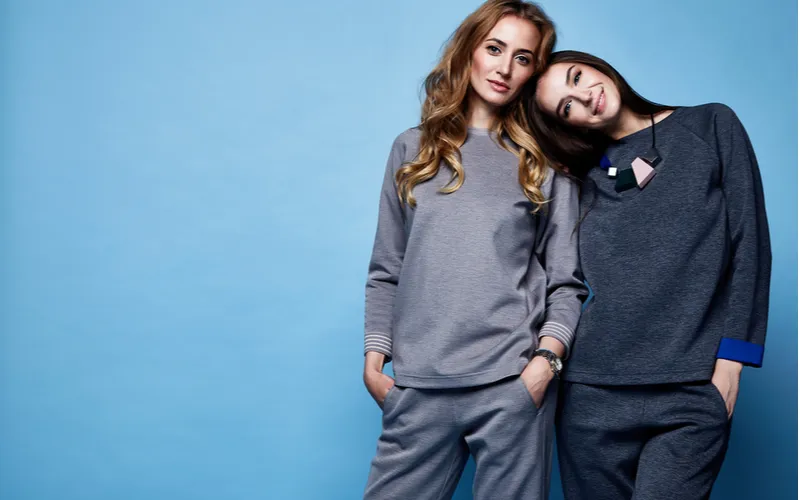
Comfort wear will be the new normal in the future (Pic credit: Shutterstock)
Yes, we will fall back in love with the house dress! Work from home is here to stay, and the balance is tilting in favour of work-life integration. We will see more and more people adapting to fashion which allows them freer expressions - a dramatic shift towards smart casuals and pajamas and casual wear even in offices!
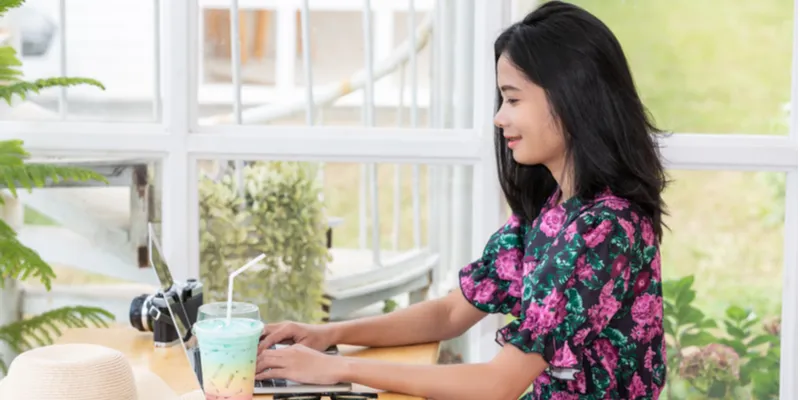
Fashion catering to work-from-home days will soon become the norm (Pic credit: Shutterstock)
Expectations of impractical, uncomfortable work attire are floating away. There will be less “in your face fashion” and more of what I call “rooted fashion “. This also means more personalisation for brands, relaxed fundamental clothing and the need for manufacturers to get closer to understand the pulse of the modern age customer.
The shopper is squarely in the spotlight. For multi-brand retailers, it will be even more challenging to justify their point of difference, be it by curation, location or price. D2C brands can surely seize the opportunity as they control the value chain end to end and can make material/design shifts as needed so they appeal to customer personas.
End of Fashion seasons
“Have more sustainable fashion!” While it’s slightly early to call the curtains here, brands adhering to “fashion seasons” make less and less sense. One problem with this approach has always been the excess of unsold inventory. But more importantly, consumers are frustrated when they do not find fashion they identify with, and a seasonless shift is much better since it doesn’t carry the notion that a collection has a short shelf life.
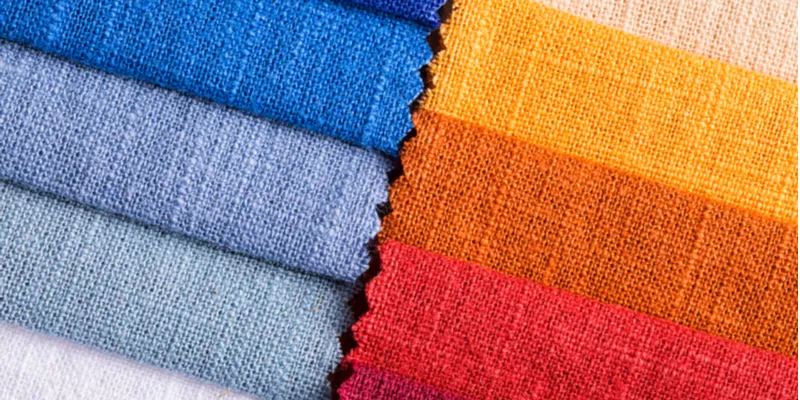
Linen and cotton will be the most popular fabrics (Pic credit: Shutterstock)
Fashion seasons also lead to more waste because brands produce excess clothing for next season’s offering. And yes, environmentally friendly fabrics, less water usage and less wastage lead to more sustainable fashion trends. People are thinking a lot more about endorsing companies that have a mission and a purpose of doing good in the world. Simple clothing (sweatpants are the new favourite attire) quirky but relatable and easy to wash- that’s the mantra!
That means cotton, linen, washable silk and merino wool are in while delicate beadwork and lace or complex rayon that shrink and stain are mostly out. Customers would shift towards wearing what makes them feel great and powerful rather than adhering to traditional seasonal trends. It is more psycho-emotional, and not dependent on what season it is worn in! So, it’s very likely that brands will reorient in favour of a core, repeatable range of fashion which conveys value to customers and highlights what the brand stand for.
Online customer engagement
While fashion will surely return to its elemental beauty as an expression of individuality, online commerce will play a much more vital role. Fashion companies must have a compelling value proposition to offer online - the AR/VR experience, lucid designs, personalization and fashion that is more rooted!
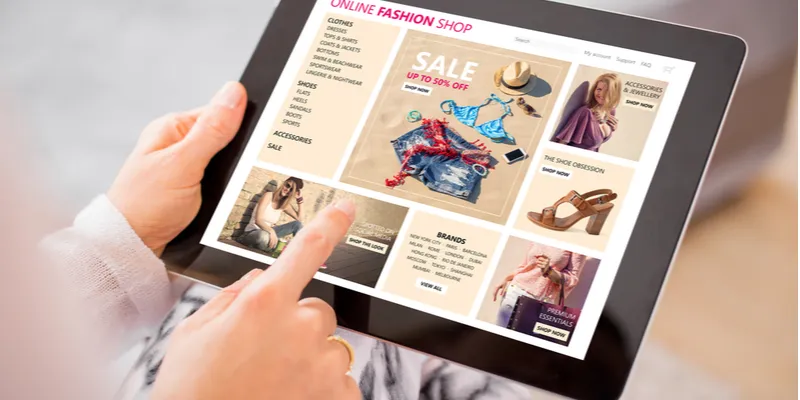
Shopping online for fashion will continue to grow in popularity. (Pics credit: Shutterstock)
Practical, cost-effective, affordable fashion will be the need of the hour as will be online experiences that have a significant influence on every part of a customer’s journey. Even a quirky, funny T can have much higher emotional value for the customer than ever before!
Virtual showrooms could be accessed digitally everywhere. Companies can layer artificial voice intelligence over digital showrooms and create the "smart showroom."
Fashion and an expression of style will remain as an inherent nature of humanity - its nuances will change though. Online fashion therapy is rising, and customers are looking for brands that can convey simple stories and connect to their thinking in the post COVID world. In my opinion, t will be renaissance of personal fashion!
(All images credit: Shutterstock)
Edited by Asha Chowdary
(Disclaimer: The views and opinions expressed in this article are those of the author and do not necessarily reflect the views of YourStory.)









